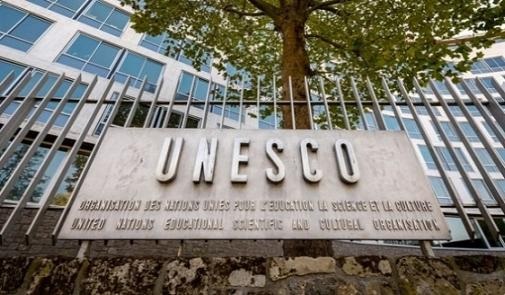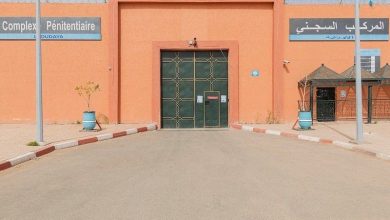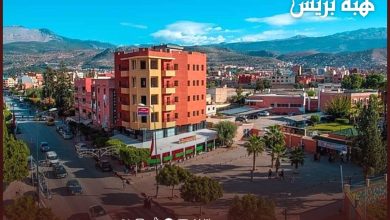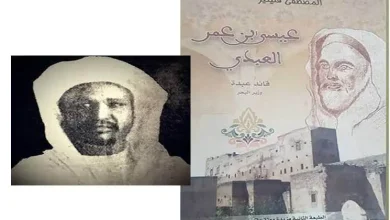Intangible cultural heritage: Morocco at the heart of a UNESCO global project

This article was automatically translated from HIBAPRESS, the Arabic version:
Hibapress
Morocco launched, on Monday, the national consultation of a UNESCO project which aims to publish for the first time a international atlas of food heritage, as well as a digital platform for the safeguard, promotion and transmission of food heritage to future generations.
According to a press release from the UN organization, this innovative project funded by the Ministry of Culture of the Kingdom of Saudi Arabia and carried out with the Moroccan Department of Culture, is part of the implementation of the UNESCO Convention for the safeguarding of the intangible cultural heritage, adopted in 2003. It aims to map, document and transmit food traditions of the whole world, recognizing cultural diversity, sustainable development and social cohesion.
Morocco, rich in an exceptional culinary heritage, is one of the countries selected for the pilot phase of the project, which will prepare the publication of the first version of the Atlas by the end of 2027. This first step will consist in identifying traditional eating practices and strengthening local capacities for their safeguard.
Five of the fifteen Moroccan elements registered on the UNESCO intangible cultural heritage lists are linked to eating practices (for example the Sefrou cerises festival or the know-how linked to the Arganier).
However, these practices are today weakened by major issues such as climate change, globalization or even rupture in intergenerational transmission. Hence the importance of a concerted action.
“Food practices and culinary traditions are not simple recipes. They are a reflection of our identities, our territories, from our relationships to others and to nature. By valuing them, we build a more anchored future in diversity, sustainability and respect for local knowledge, “said Eric Falt, UNESCO regional director for the Maghreb quoted in the press release.
“By actively participating in the UNESCO Food Atlas project, Morocco highlights the richness of its culinary traditions as a living expression of its intangible heritage. Alongside local communities, he works to preserve know-how transmitted from generation to generation, affirming the deep link between food, cultural identity and sustainable development, “said Mustapha Jlok, director of cultural heritage.







